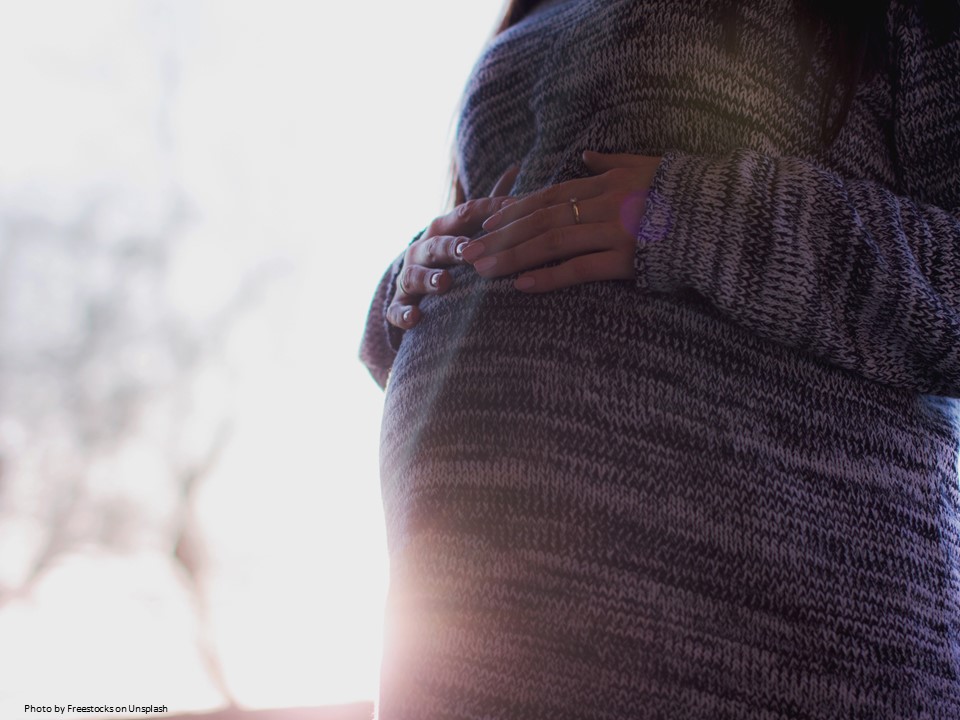We have been writing over the last few years about the growing problem of opioid use and abuse in women of reproductive age. Simultaneously we are seeing an increase in marijuana use among reproductive age women, including those who are pregnant. Although the laws vary from state to state, the laws regarding use of marijuana, opiates, and other recreational drugs are clear. This is not the case, however, when the person using the substance is a pregnant mother. In some cases, treaters are aware of substance use before and/or during pregnancy, and this provides an opportunity for intervention and treatment. In other situations, providers become aware of substance use at the time of delivery, either as a result of complications or drug testing.
How we approach the new mother with a substance use disorder depends on what state she lives in. Different states have different regulations. Whereas some states approach the new mother with the goal of ensuring the safety of her child by providing support and steering her into treatment, other states take a more punitive approach. The map below indicates the states in blue which consider substance use during pregnancy as a form of child abuse.
But even among states which have more punitive approaches, there is considerable variation. For example, three states (Tennessee, Alabama and South Carolina) enacted “fetal assault” laws which criminalize opioid use during pregnancy. This means that a woman who uses opiates during pregnancy may be prosecuted if her child shows any signs of harm (including neonatal withdrawal) related to the use of opiates. In Tennessee, this law carries a maximum penalty of 15 years in prison.
Wisconsin, Minnesota, Oklahoma, and both North and South Dakota have child protection laws allow detention of pregnant women who are abusing substances, and some of these states may also assign a guardian ad litem to represent the fetus and to make provisions for removing the child from the mother after birth.
Given the harshness of these laws, many women with substance use disorders may be reluctant to seek treatment if they are pregnant or caring for a child.
The American College of Obstetricians and Gynecologists (ACOG) recommends universal screening to be carried out at the first prenatal visit. Providers should assess all patients regarding their use of substances with a a validated verbal screening tool, such as the 4Ps, NIDA Quick Screen, and CRAFFT (for women 26 years or younger). However, given the risks associated with full disclosure, it should not be surprising that women may not give honest answers regarding their uses of drugs while pregnant. While urine or blood toxicology screening may be helpful for confirming use of illicit drugs in this setting, non-consensual drug testing of mothers has been deemed unconstitutional by the U.S. Supreme Court. ACOG states, “Urine drug testing has also been used to detect or confirm suspected substance use, but should be performed only with the patient’s consent and in compliance with state laws.” However, newborn infants may be tested without the mother’s consent.
Many states have recently decriminalized the use of marijuana, and more women are using marijuana during pregnancy. How hospitals and health care providers respond to mothers who use cannabis during pregnancy varies. Because of the opiate epidemic, many hospitals are routinely drug testing newborns. Fifteen states, including Massachusetts, have laws requiring health care workers to report to authorities if they suspect a woman is abusing drugs during pregnancy. Even in states where recreational use of marijuana is legal, Child Protective Services may be contacted.
Read More:
How States Handle Drug Use During Pregnancy (ProPublica)
‘Policing’ pregnant women during the opioid epidemic (Contemporary OB/GYN)
Substance Use During Pregnancy (Guttmacher institute)









Leave A Comment